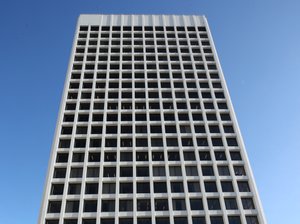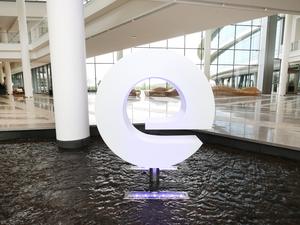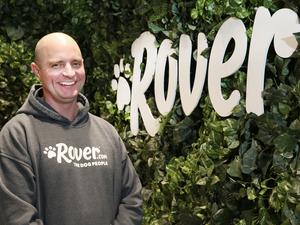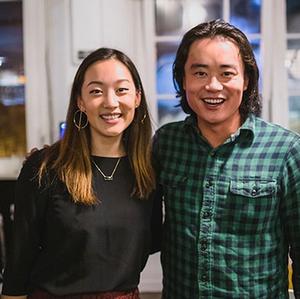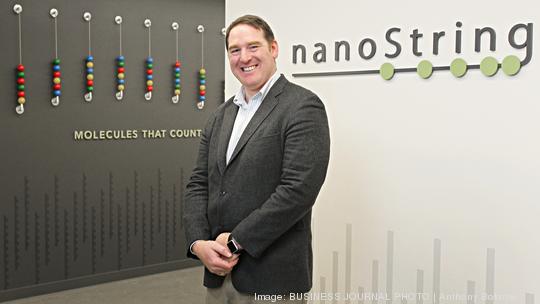
Seattle-based research device company NanoString Technologies Inc. (Nasdaq: NSTG) has struck back in a brutal patent litigation fight with competitor 10x Genomics Inc. (Nasdaq: TXG).
On Monday, NanoString announced the European Union's Unified Patent Court (UPC) Court of Appeal overturned a preliminary injunction that blocked the sale of some NanoString products in 17 UPC countries. The decision marked a key victory for NanoString, which has blamed the patent litigation for multiple rounds of layoffs and its February decision to file for Chapter 11 bankruptcy protection.
"10x has chosen to deploy a highly questionable litigation campaign against NanoString and several other innovative companies in the marketplace in what we believe is an effort to eliminate competition,” NanoString CEO Brad Gray said in a news release. “We believe that with today’s decision, the tide is turning in favor of NanoString and scientific freedom."
NanoString can immediately restart selling in 16 UPC countries. The German High Regional Court of Munich in December lifted the injunction in Germany subject to a security bond payment, and NanoString is considering next steps there after Monday's decision, but the injunction is still in place in Germany for now.
Regarding 10x's patent, the UPC Court of Appeal said in its decision it is “highly probable that the patent will not prove to be legally valid.”
Related coverage
NanoString, founded in 2003, makes high-powered, high-tech imaging and research tools. Pleasanton, California-based 10x, which was founded in 2012, also makes imaging tools, as well as software and analysis tools. 10x has filed patent lawsuits against NanoString in both the U.S. and Europe.
A 10x spokesperson in a statement called NanoString's win "a desperate attempt to prop up its financial interests as it navigates bankruptcy."
"The decision Monday from the European UPC Court of Appeals will not deter 10x Genomics’ commitment to protect our intellectual property," the spokesperson said. "We firmly believe our patent protections afforded through the European Patent Convention are valid and that we will prevail in the main action and prove how NanoString’s repeated patent infringement continues to harm the scientific community."
10x on Nov. 17 announced a jury in the U.S. District Court for the District of Delaware found in favor of 10x in a patent lawsuit, awarding 10x over $31 million in damages. NanoString is appealing the decision, a process that usually takes 12 to 18 months.
The UPC first issued the preliminary injunction in September. The case is awaiting a full hearing. NanoString's filing for bankruptcy stops ongoing patent litigation globally, and a company spokesperson said NanoString will know more about future dates for the case once NanoString exits restructuring.
Gray previously told the Business Journal the sales blocked in Europe represented about 10% of NanoString's overall revenue. NanoString’s legal bills are “many millions of dollars,” he added, and that money would otherwise go into product innovation.
NanoString generated $48.1 million in revenue during the third quarter of 2023, up from $29.5 million during the same period in 2022. The company hasn't released its fourth quarter results. 10x, meanwhile, generated $184 million in revenue during the fourth quarter and $618.7 million during all of 2023, year-over-year increases 18% and 20%, respectively.
NanoString this month secured $47.5 million in debtor-in-possession financing, a special type of funding for companies that file for bankruptcy. At the time of the bankruptcy filing, NanoString said it was considering options such as selling the company or certain product lines. NanoString's leadership, board and employees continue to operate the company.
After NanoString finishes its most recent round of layoffs, expected by the end of March, the company will have just over 500 employees.
10x also has filed patent lawsuits against Cambridge, Massachusetts-based biotech Vizgen, Palo Alto, California-based Curio Bioscience and Seattle-based startup Parse Biosciences.
Editor's note: The story has been updated to add comments from 10x Genomics.
